Most freshly minted athletes of team sports live under this general rule: you will initially spend a good deal of the time on the bench. While this may seem as if you are contributing absolutely zilch to the team, in reality, it is much the opposite.
So, how do you become a good bench player? According to Dr. Alan Goldberg of Competitive Advantage, “Your athleticism and talent have nothing to do with being great. What really puts you in the GREAT category, what separates the truly great athletes from everyone else is that they make everyone around them better…he/she understands that for a team to be successful everyone must play their role to the best of their ability.” To achieve this, you must be intentional on the bench, in practice and during the moments you are on the court.
In this article, we explore the various aspects of how bench players contribute to the overall success of the team. Despite if you are the one subbing in to make the game winning spike or the one jumping up and down from the sideline, through your focus, attitude, and dedication, you can directly impact the success of your team – even from the bench.
Focus
Imagine two scenarios. The first, a volleyball match is underway and the coaches stand beside the bench – intensely watching the match, offering advice to the starters. The teammates on the court rotate. Off to the side the reserves or, in other words, those on the bench, sit chatting amongst themselves. One has her back to the court. Another, fixing her teammate’s hair. A third, playing with her shoelaces.
Now imagine this scenario: the same match and coaches but this time, the players on the bench actively watching the game. With every point their team scores, they rejoice. Every point missed, they chat about what could have gone differently. The coaches talk to them periodically, teaching them although they do not play.
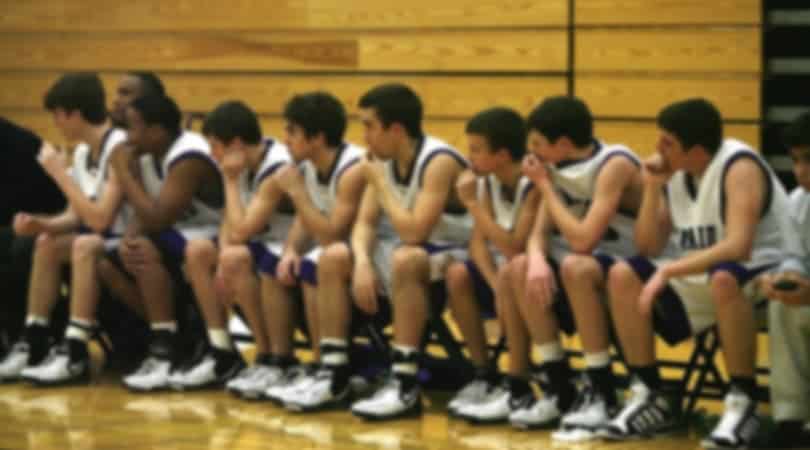
Which scene shows a path of being a good bench player versus being indifferent? Which would you want to emulate? By focusing on the details, especially when you are able to view it off-court, allows you to be ready at a moment’s notice.
Know your teammates strengths/weaknesses
Injuries and off-games happen. It is vital you know each of your teammates and how their skills play into the dynamic of your team, as well as how your team communicates during play. When you are called to sub, you must already be up to speed.
Common volleyball injuries and how to prevent them
Take for instance, your teammate is a middle blocker. She lands wrong and is hurt, and needs to be subbed off. You need to know how she plays, what the others rely on her for, how the dynamic will change. Are you a blocker? Can you replace the player or will someone who is already playing need to adjust and you take that role?
What if now you are replacing a setter? Does your team rely on communication from the setter? If the setter is signaling to the offense what to do, are you able to use those same signals?Does he/she call out names, numbers, terms? How would you know which opponents would be weakest against your team members currently on the court? Also, who are you setting and how far away from the net do they need to be set? Where does your team have the best chance of not getting blocked and also have the clearest view of the court?
Watch your opponents – study their weaknesses
One of the most important parts of being on the sideline is the unique advantage it gives you to study your opponents. You are not trying to play simultaneously – you are able to simply watch and focus on their every move.
When the time comes for you to enter the game, you need to know where your opponent’s weaknesses are. Discuss your observations with your bench mates, figure out what you can do to alter the course if you are put in.
Do your opponents tend to be scored on during a certain rotation? What happens to the blocker if he/she cannot execute the block? Does the setter get rattled if a play falls out a certain way? How do they tend to set up? Where are the holes?
By seeing from the sideline, you can visually study and learn. Half of us are visual learners, so studying the plays from the bench is a huge advantage. By utilizing this time, you efficiently grasp various aspects without stepping foot on the court and be ready for when the time comes to help out your team.
Practice like it’s championships
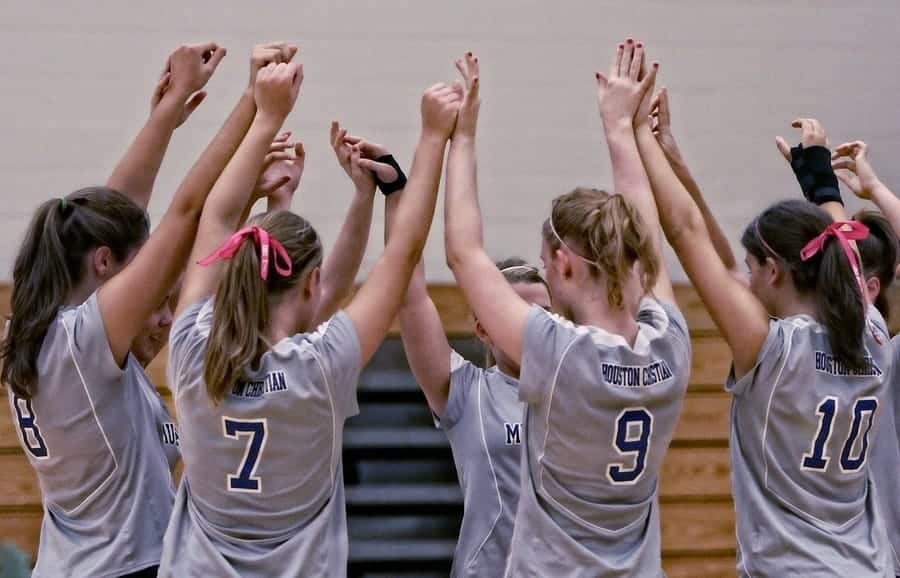
Every single practice, you determine how your team will perform when it matters. If you walk into practice thinking that because you are not a starter, your performance doesn’t impact future matches, you have negatively impacted the success of your team.
In those few hours, the focus you bring to practice determines how well your team does in a match. It is easy to show up, not pay attention, hold back and be meek because you believe you aren’t as important as the starters or are not sure if your judgement is the correct move.
That mentality is detrimental to your team. To be a good bench player, it is imperative to push as hard as you can with the same intensity as if a game and you were subbing in. Make it so each scrimmage is as serious as championships. Even if you’re sitting on the sidelines, because of how you have practiced, your entire team will also play to the very best of their abilities.
The caveat to this is only when you are learning a new drill, skill, or play. In those situations, backoff to learn the move and then rev up once you perfect it.
Drills, practices, and games: make starters earn their positions
There are two choices a bench player has: succumb to the incorrect idea that you are forever a bench player or push so hard with drills and practices your starters must work to maintain their position.
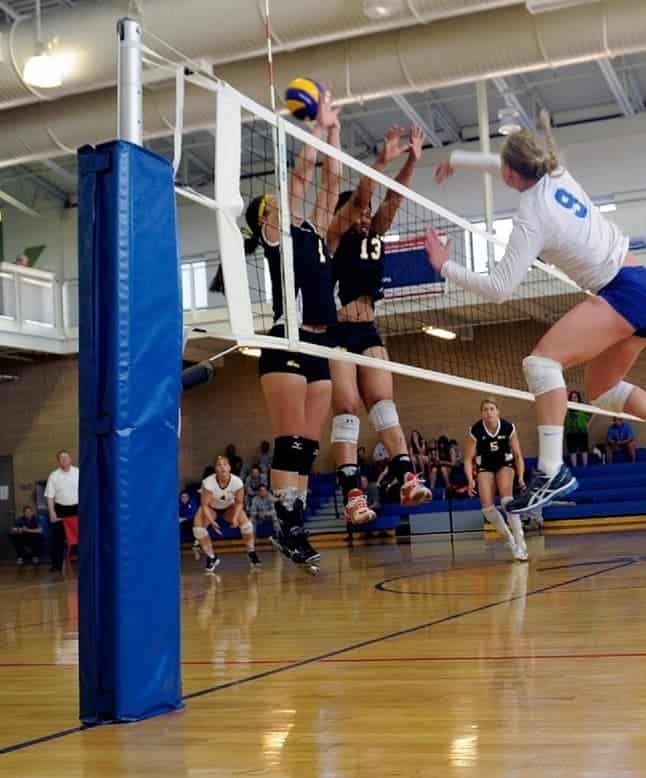
The best athletes never stop learning, physically and mentally molding themselves to be more. You are no different and it is up to you to control your mind to focus on the drills, practices, and games.
To do this you must ask yourself, what does it take to get there? If I hold back, will I become the player I look up to? If I only do the drill and not take my coach’s words into account, will I alter my current position? What are the starters doing in practice that I am not? What clinics, camps, videos can I watch?
By pushing yourself, you force your starters and bench mates to up their game to keep their position. In the end, this makes your team stronger.
If you are lost as what you need to work on, ask your coach. A moldable, coachable athlete is a dream for a coach – be that. Take ownership of your personal ability and skillset.
Finally, ask about the game. Confused on why something was called for a ball-handling violation? What constitutes a yellow card or red card? Getting lost on what a 4-2 means or running a 5-1 versus a 6-2? Ask, ask, ask. By allowing your growth of knowledge, you morph into an invaluable asset.
Attitude
We have all seen this scene: the player sits, moping, clearly unhappy they are not put into a game. Similarly, we have seen the player be taken out of the game, untrusting in their coach’s intuition, angrily slamming their body onto the bench.
The negative impact of this attitude goes without much explanation needed. It’s quite obvious to be a good bench player, you must maintain a growth-mentality. Every play, every drill, every communication must be directed for the betterment of the team and individual, alike.
How do you develop an attitude of encouragement, mindfulness, comradery? How does this attitude contribute to being a good bench player?
Understand how your inner thoughts can affect players
Communication makes or breaks a team and your inner thoughts are no different. Your internal dialogue seeps out through the inflections of your voice, the glances, your general feel. This way of communication is called non-verbal language or paralanguage.
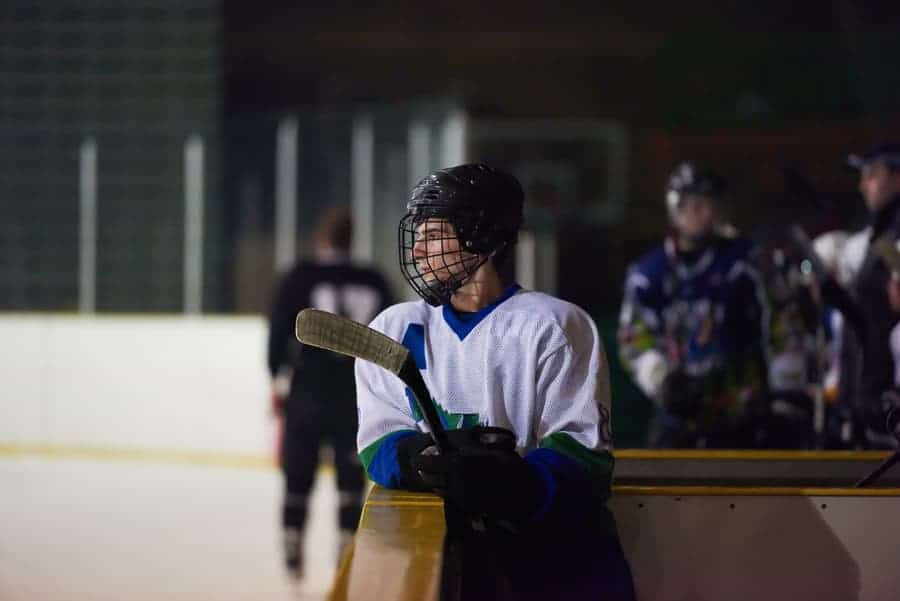
To be a good bench player, you have to understand the impact your non-verbal communication and paralanguage has on your team. Say your team is playing and a teammate looks to you after scoring a point. Your face is painted with misery and disappointment, mixed with shades of jealousy. Your brow furrows and your mouth turns down. Does this motivate or demotivate your teammate?
The very same teammate now comes off the court. You look up and say nothing, as your inner dialogue grumbles “of course, I’m not going in for her. She gets to play so much.” Again, what impact does this have? Is this being a good bench player?
Fact of the matter is our body language influences those around us. Maybe your team is having a rough go and your body language says hope is lost. Why even really try for a block? It doesn’t matter anyway and you couldn’t care less if they got one. After all, it was not you on the court.
On the contrary, you can use your non-verbal communication to give them a pat on the back, a thumbs up sign, or clap encouragement. Use paralanguage to emphasis and drive home your words of inspiration.
Be mindful of inner dialogue and narcissistic tendencies. They have the ability to set the feel of the bench and the way your team supports each other. A good teammate, not just a bench player, allows others to shine and trusts his/her time will come. If you are pouting on the bench, you indirectly send the message you are not a team player and cannot see the big picture. Although it will completely secure you one thing – more time on the bench.
How to Build Sports Team Chemistry
Encouragement; positivity; be the cheerleader
Dipping to a much more productive side, you can use the bench time to be your team’s biggest supporter. They miss an opportunity or fail at executing a play, “shake it off; you got this; keep going!” A player is taken out of the rotation, “nice job out there.”
Of course, sometimes someone really does screwup or has an off game. “Nice job out there” would be inappropriate and fall flat, not to mention downplay true expressions of approval. “Don’t worry. We all have days like this. You got this – you can do it.” Find ways to build them up while not giving false compliments.
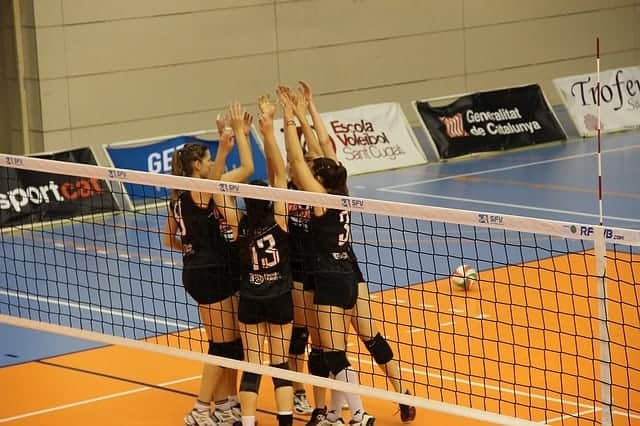
The positivity you create molds an atmosphere to be such that mistakes are seen as learning opportunities and not personal reflections of lack of character or skill. In an environment such as this, you will be more supported in leaving the bench to play, regardless of the outcome of your performance.
Be the cheerleader for your teammates. See their best efforts and continue to build them up when they struggle. Allow them to be human without feeling guilty about your playing time (something they have no control over). Let the bench be a place that is a source of reflective growth, positivity, and encouragement. This mentality starts with you.
Host get-togethers
Planning team outings tends to be the responsibility of the team captain; however, there is no hard and fast rule stating it must be solely theirs to own. Assist in creating these opportunities for your team. Want to see the newest movie? Invite the team. Thinking of making cookies or going to a parade? Open the invitation. Have a big tournament coming up? Pick a night to have the team over to create signs.
Make it a point to constantly be thinking of chances for the team to come together outside of the court. When people join, they create bonding moments. These moments often translate to understanding how your teammates will react in moments of play.
The more you understand each other, the easier it becomes to predict gut reactions and the more natural to quickly communicate without overthinking. Being a good bench player means you don’t stop your thoughts of “team” as solely the playing court, but you look to grow the unity that truly becomes your glue.
Dedication
As most worthwhile things, dedication is an easier term to use than to actually implement. It is easy to state you have dedication, confusing it with the feeling of “caring.” Dedication means when you are achy, you keep going. When you want to quit after messing up drill after drill, you take a deep breath and soldier on. It entails going out of your way to find opportunities for advancement when it seems as if no one else on your team is doing the same.

To really understand dedication, you need look no further than its synonyms: adhesion, allegiance, attachment, commitment, constancy, devotion, faith, fastness, loyalty, steadfastness. These words paint the picture of dedication – putting aside other “wants” for the sake of the team. Holding steady when it seems like you should give up. Allowing yourself to be a daily occurrence at practice, without question, as if physically attached to it.
As a bench player, without dedication you stand no chance of either moving into the role of a starter or growing your team. By setting the example of what dedication is, those who want to live up to the standard will also rise, and if they do not, you will undoubtedly take their place.
Take stats, watch and learn
Being a bench player, taking stats is one of the most excellent ways to learn. By staying engaged, you constantly learn and analyze plays. You notice where your team often lacks, which opposing teams have an advantage and where, which areas your teammates skills are strong or not.
This analysis allows you to circle back to knowing your teammates strengths and weaknesses. When you are put in the game, you know where you are needed based upon your teammate’s stats. Likewise, you also know which areas your team needs to improve in.
Taking stats is not easy to start. You won’t know the terms or how to record them. How do you know what constitutes a dig, kill or assist when you maybe have never heard the term?
There are loads of Google articles, YouTube videos, and library books to help you figure this out. Further, before you are the official stat keeper, you can take out your own sheets and try to record the stats alongside of the stat keeper to ensure you are getting it right. Start by looking at one single stat and then add more as you feel comfortable, maintaining the ones you have already mastered.
Show up to everything
Aside from coming down with the flu, show up to everything. New Years party? Bring party hats. Team dinners? Offer to cook aside dish. Birthday celebration? You better be there. Tape reviews? Don’t miss it. No matter the occasion, show up.
By showing up to everything, you set the tone the team’s functions are not questionable – they are expected. This continued dedication causes the bench players to not be “just bench players” but to be a true, necessary and wanted part of the team. When you feel this way, you play and practice as such.
Show up. It remains to be the single most important part of sports. Without showing up, nothing happens.
Host study sessions
How does hosting a study session equate to being a good teammate? To the first look, it doesn’t. However, many teams have grade requirements to continue play, as well as certain recognitions for maintaining a grade point average.
If you are a wiz at algebra and you know a teammate struggles, offer tutoring. Are a few of you in the same history class? Get together before the exam for a cram session. Find what could be your niche and offer to help.
Attend camps/clinics; watch videos online; read coaching pages
The downfall of many bench players is they believe 100% of their sport knowledge should be delivered by a coach. If your team has twelve people and you have a90-minute practice, that means one-on-one attention, if perfectly spread, would be 7.5 minutes a player.
Given the low amount of one-on-one attention, to really grow, you must invest outside of your daily practice. Find local or travel clinics. Talk to your team about going together. Hold fundraisers to acquire money for travel and then bring home what you learned and implement it.
Watch and seek out online videos. There is a lot of poor quality and outdated information on the web, so be careful in what you implement. Your coach should know where you can find updated videos.
At a very minimum, read coaching pages. Know what they are looking for when they coach and try to bring that to your game.Share this information with your teammates.
Join other leagues
One of the best things you can do is join another league to play in the off-season. Find new coaches and players who are not your current teammates. Chances are, you will learn something your team may not be currently doing. Take note of these and how they are executed. You may even realize hearing a concept explained a different way clicks better for you.
When you start training with your teammates again, bring what you have learned to the table. Teach your new skills. By learning what others do, you find new formations or drills to mix into your practices. Your skillset has no choice but to improve. No one player or coach has all the answers but by investing in upping your toolbox, you in turn can build your entire teams, all while being a bench player.
To be a good bench player, you must have focus, a winner’s attitude and unbreakable dedication. Your role entails hopping in at any moment, without warning, for any position. By studying your team, seeking opportunities for self-improvement and maintaining a constant growth-mentality, you set yourself up to be a great bench player and future leader.
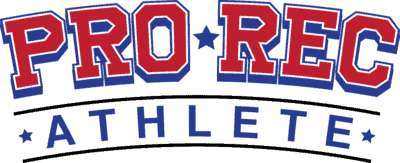
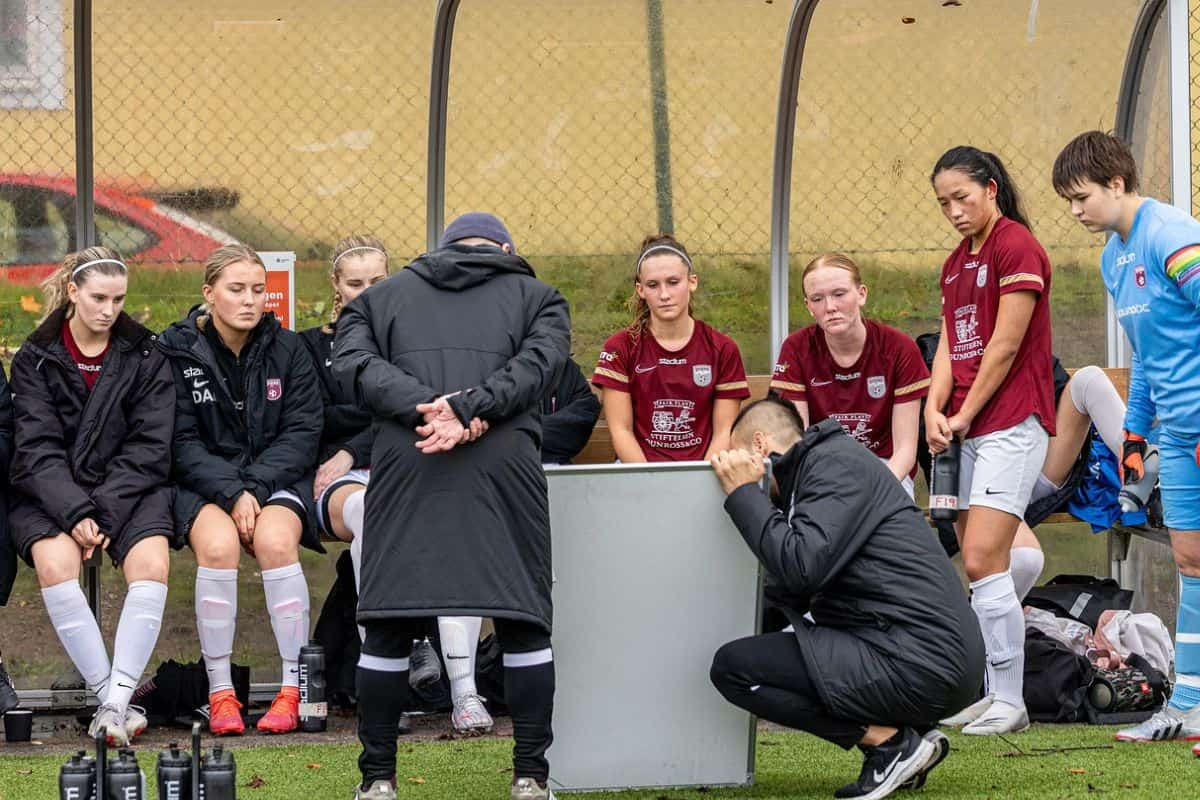
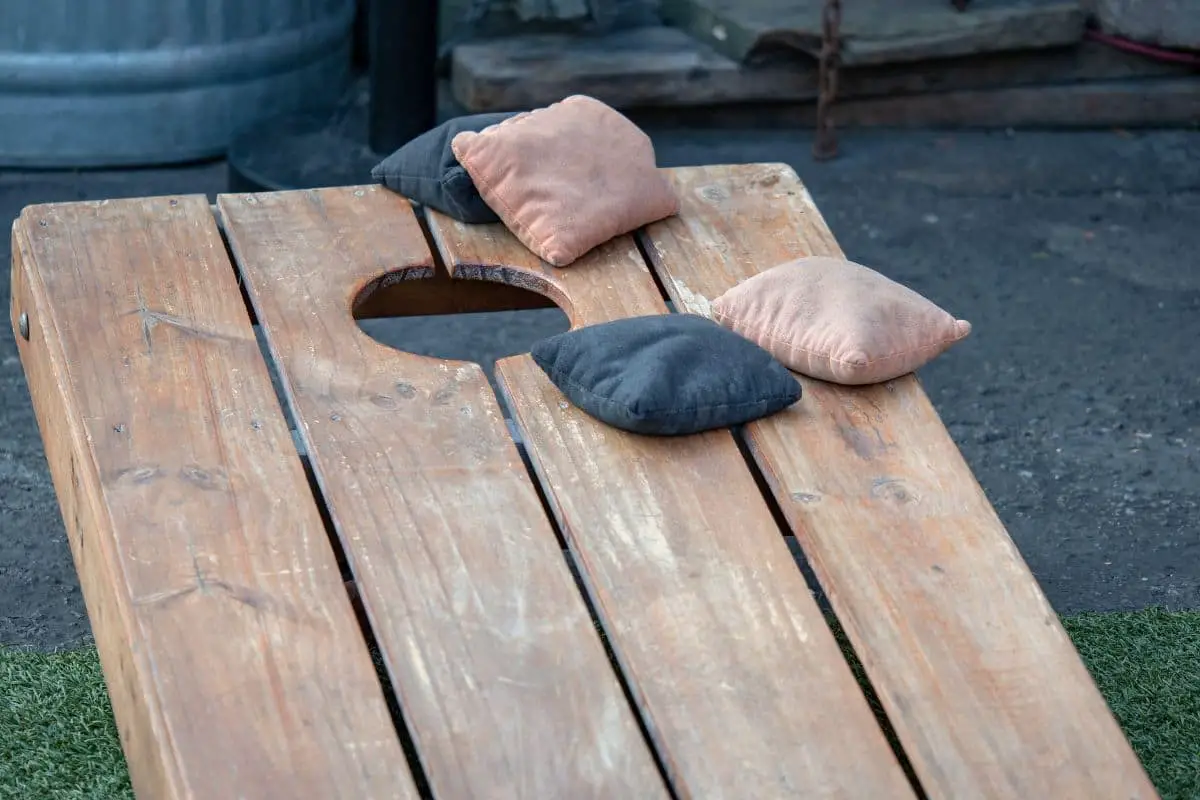
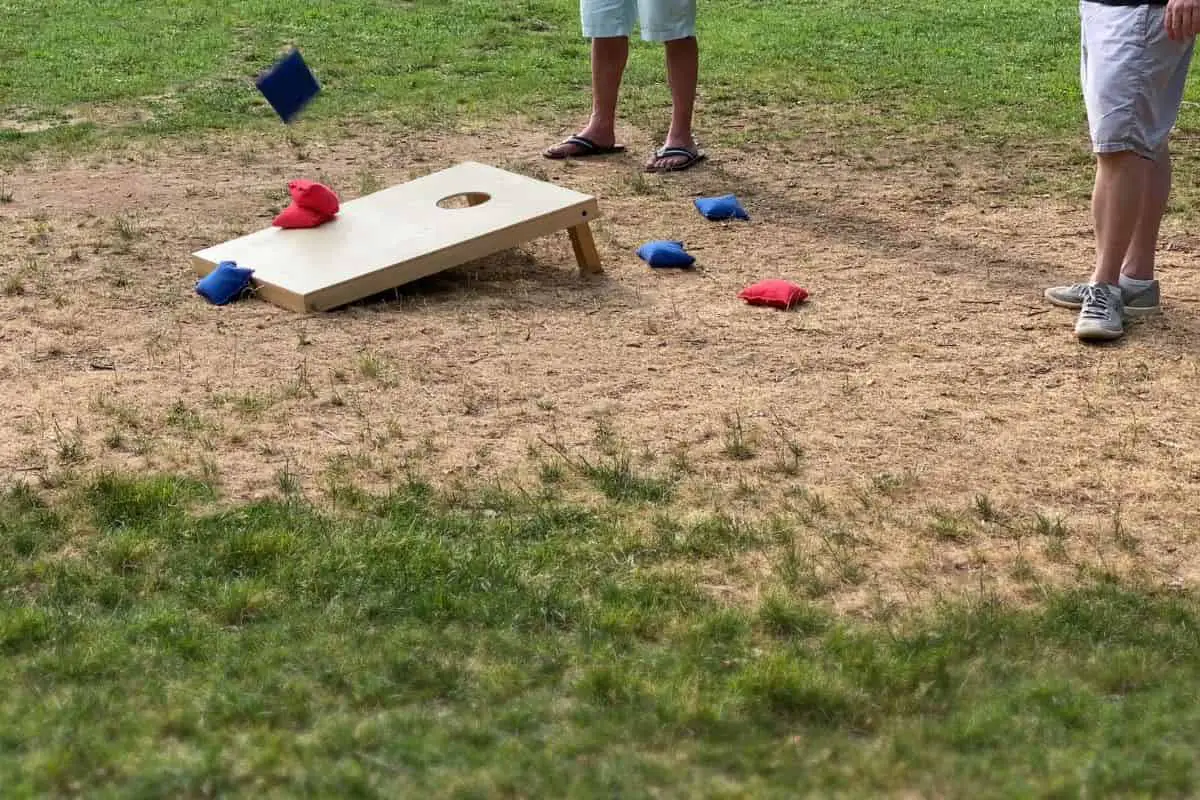
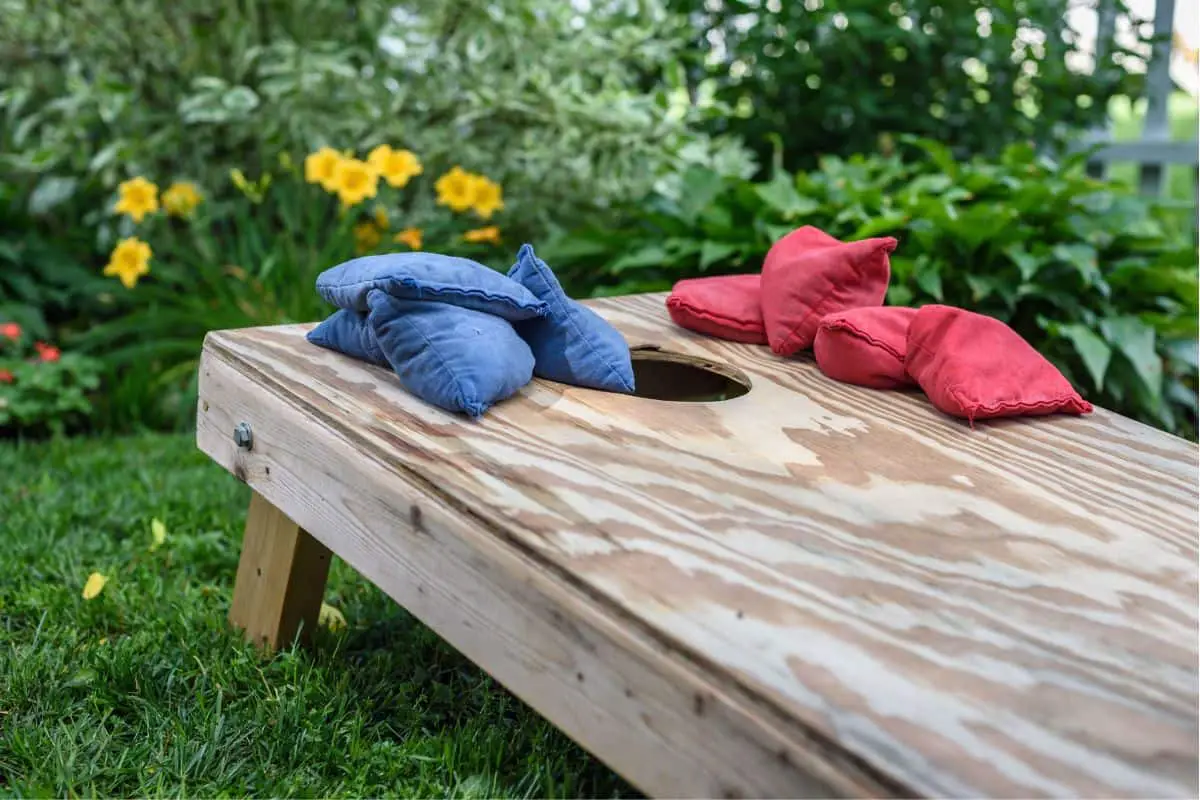
Leave a Reply
You must be logged in to post a comment.